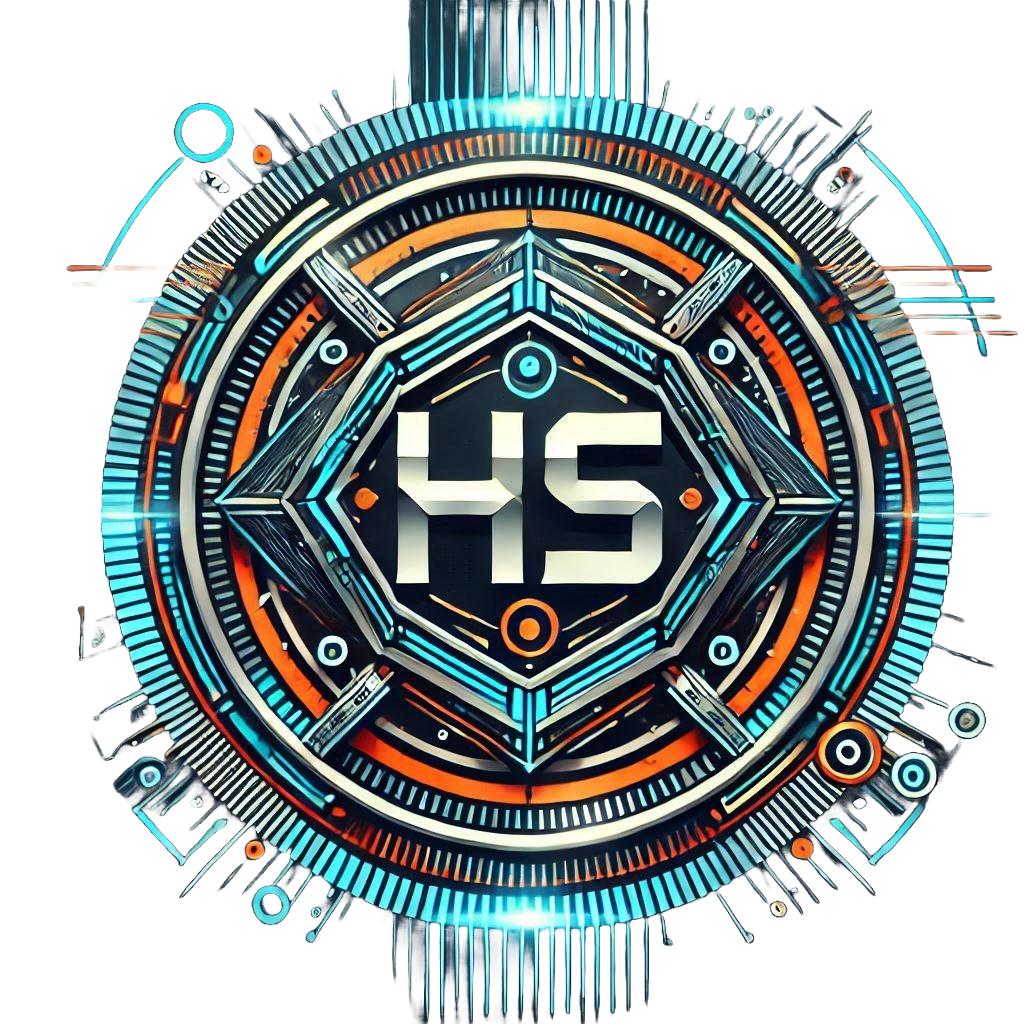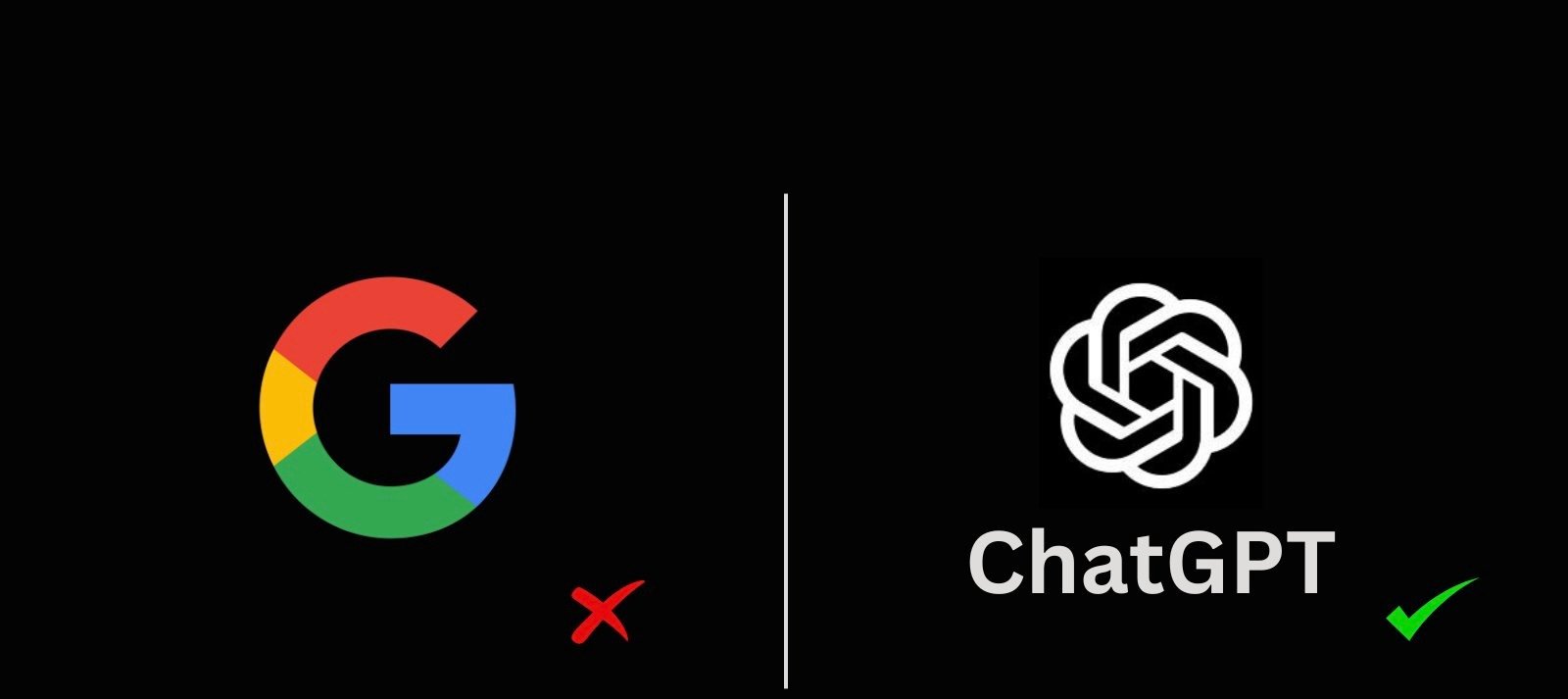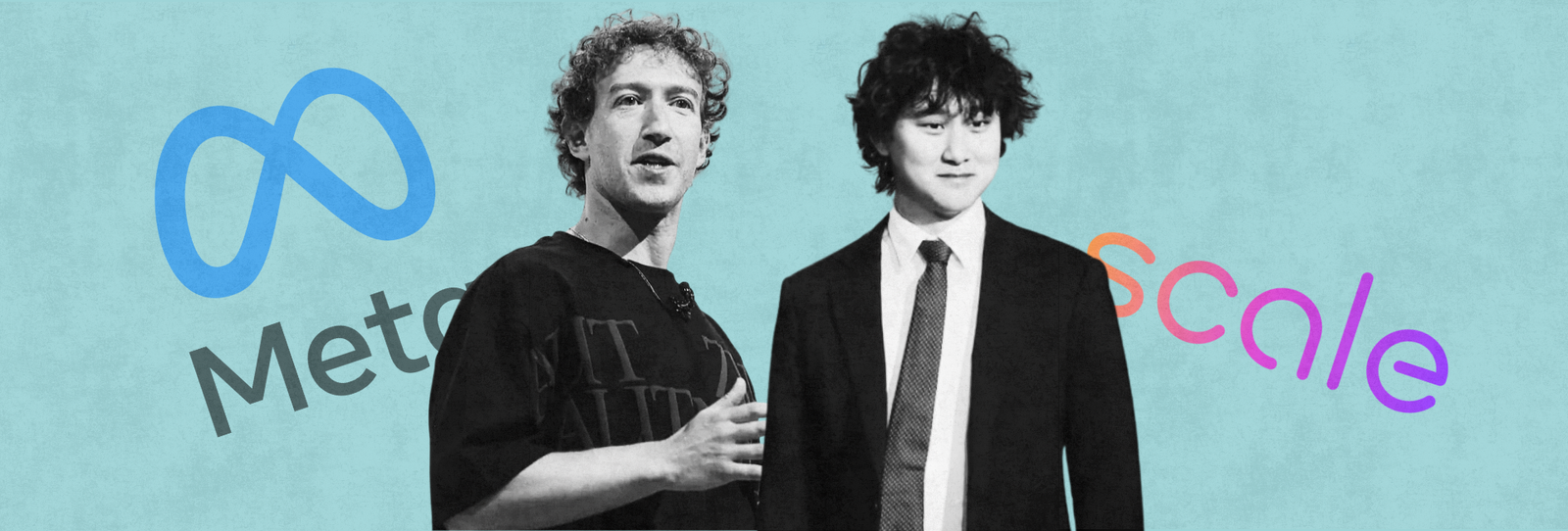Just a year ago, ChatGPT was an impressive tool tucked away in a browser tab — a curiosity for students, coders, and content creators.
Today? It’s not just a tool. It’s the internet.
In a stunning leap, ChatGPT has surged from the 15th most visited website in the world to #5, overtaking digital giants like Reddit, Amazon, and WhatsApp. And it’s still climbing.
Meanwhile, the rest of the internet is slipping. Wikipedia lost nearly 6% of its traffic in just one month. Forums are fading. Blogs are quieter. Even Google is feeling it.
But this isn’t just about traffic. It’s about behavior. People aren’t just browsing less — they’re skipping the web entirely.
One Site to Rule Them All
For millions of users, ChatGPT is no longer a destination. It’s the starting point. It’s the interface. Why search through ten websites for an answer when one can explain it, summarize it, and generate content — instantly?
No popups. No SEO-stuffed garbage. No infinite scroll.
Just answers, now.
And as this pattern spreads, something profound is happening: the web isn’t evolving — it’s being replaced.
This Isn’t Growth. It’s Takeover.
Let’s be clear. This is not normal platform growth. This is a reshaping of the digital world.
For decades, we navigated the internet through search engines and hyperlinks. Now, users increasingly rely on AI to filter, interpret, and deliver the web to them in digestible form.
ChatGPT isn’t just a hit — it’s become a new layer of the internet. A layer that sits between you and everything else.
And every click it absorbs is one less click for everyone else.
The Silent Collapse of the Old Internet
You may not have noticed it — but Reddit, blogs, e-commerce platforms, and even media outlets have.
When you ask ChatGPT for a recipe, a story, a travel plan, or a news summary…
…that’s one less pageview for someone who used to depend on it.
And as ChatGPT improves, this shift accelerates. With voice, image generation, and now memory and personalization, the need to “go back to the old web” keeps shrinking.
This is the kind of shift that doesn’t feel like an explosion.
It feels like erosion — until one day, the coastline is gone.
Welcome to the AI-Layered Internet
We’re not browsing websites. We’re talking to them. Or rather — we’re talking to a machine that talks to them for us.
The future isn’t just searchless. It might be web-less.
The interface has changed.
The habits have changed.
And whether we realize it or not, so has the internet.



